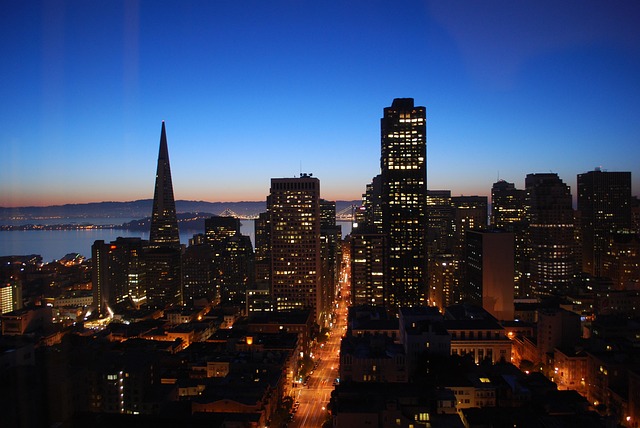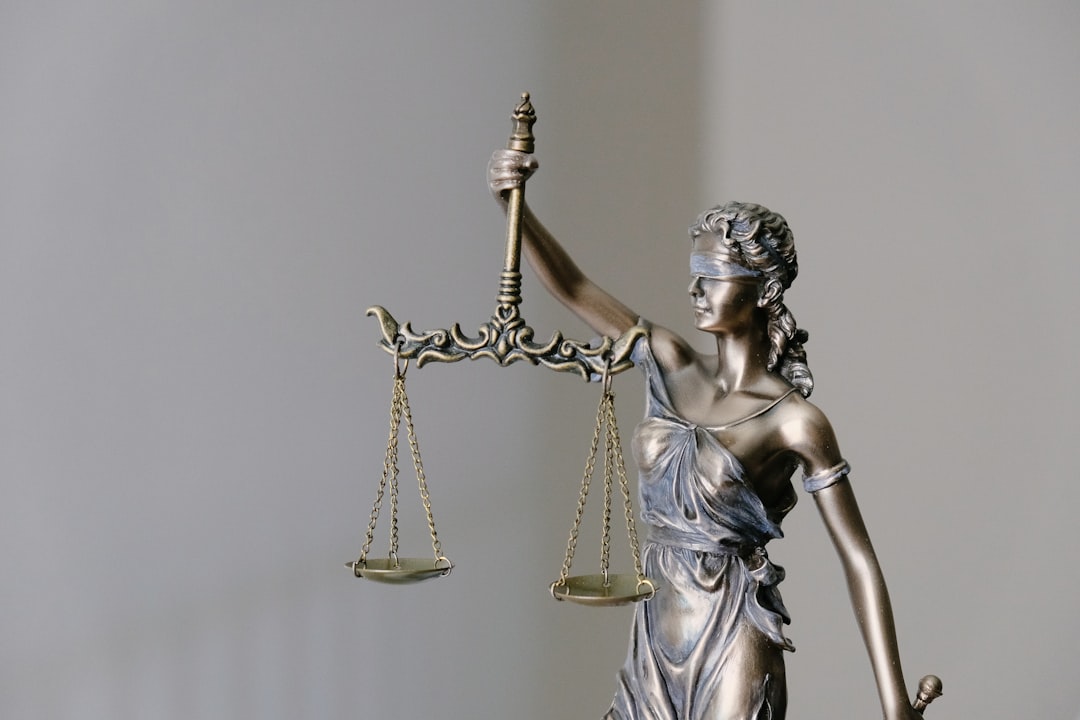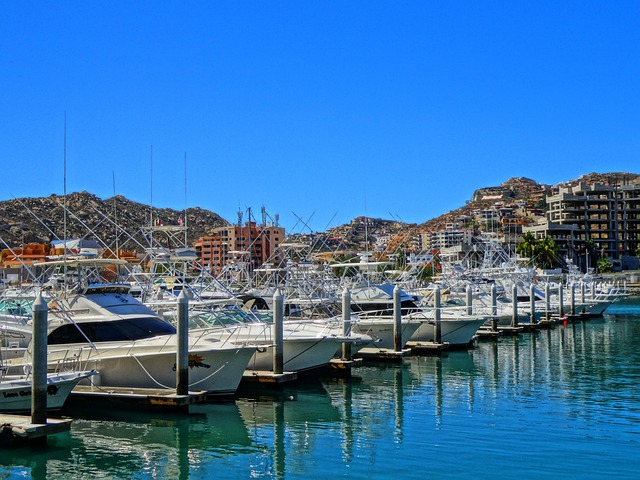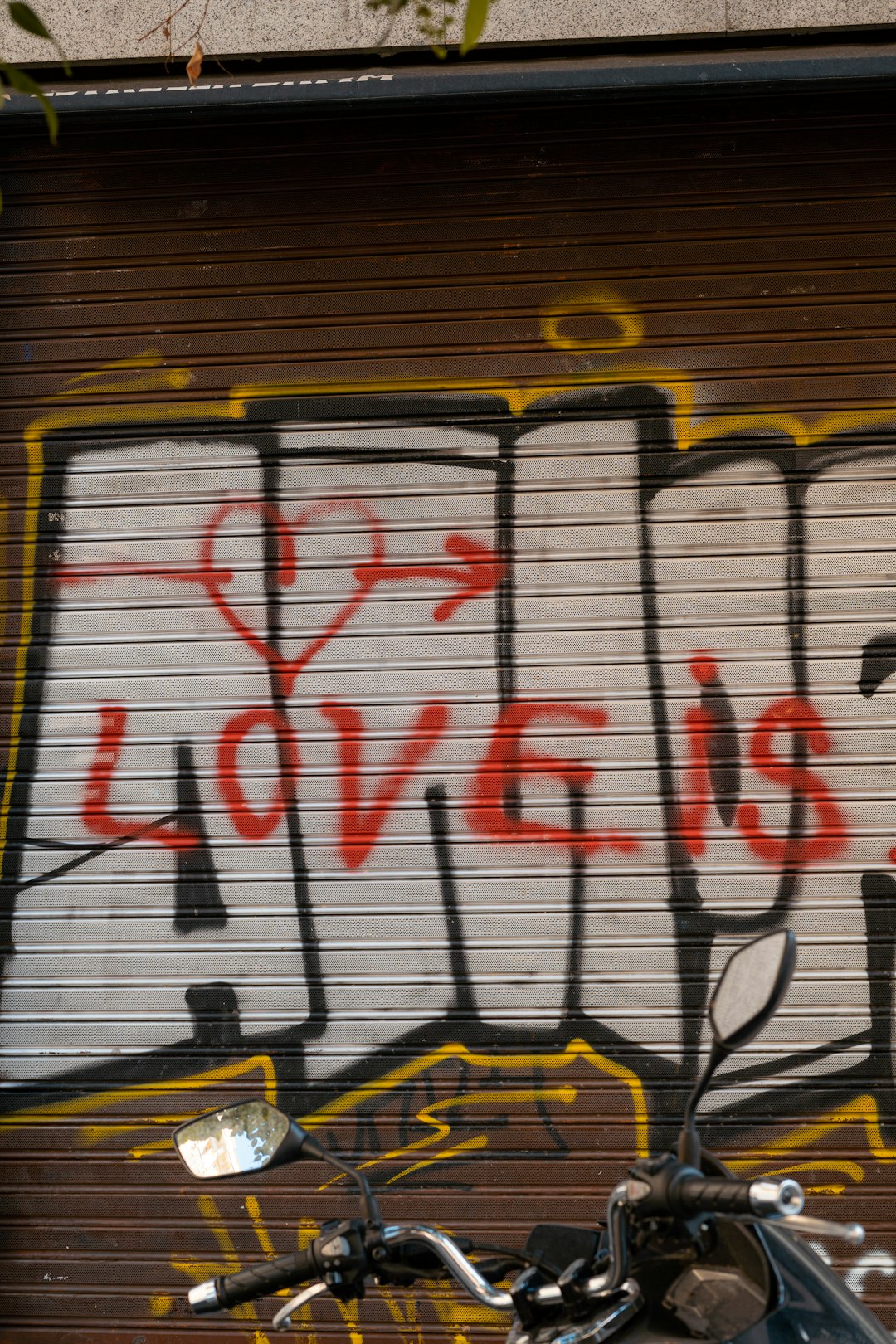San Diego's private school safety varies due to less stringent state regulations, leading to inconsistent handling of issues like sexual abuse and bullying. Parents need transparent information and open dialogue for informed decisions. Diverse student bodies and varied activities complicate misconduct monitoring. To mitigate risks, private schools should implement robust protocols, staff training, clear policies, and foster open cultures, collaborating with school abuse law firms San Antonio TX as needed to ensure safety and accountability.
The safety and well-being of students are paramount concerns for any community, especially when navigating issues of misconduct within educational institutions. In San Diego, CA, the spotlight turns to private schools, where emerging evidence suggests a potentially higher risk environment for student misconduct, including abuse. This phenomenon demands meticulous exploration, particularly considering the sensitive nature of such occurrences and the unique dynamics of private school governance. School abuse law firms in San Antonio TX have been instrumental in uncovering these issues, providing a crucial service by advocating for victims and holding institutions accountable. Our article delves into this complex topic, analyzing potential factors contributing to increased risks and proposing strategies for enhancing student safety.
Understanding San Diego's Private School Landscape
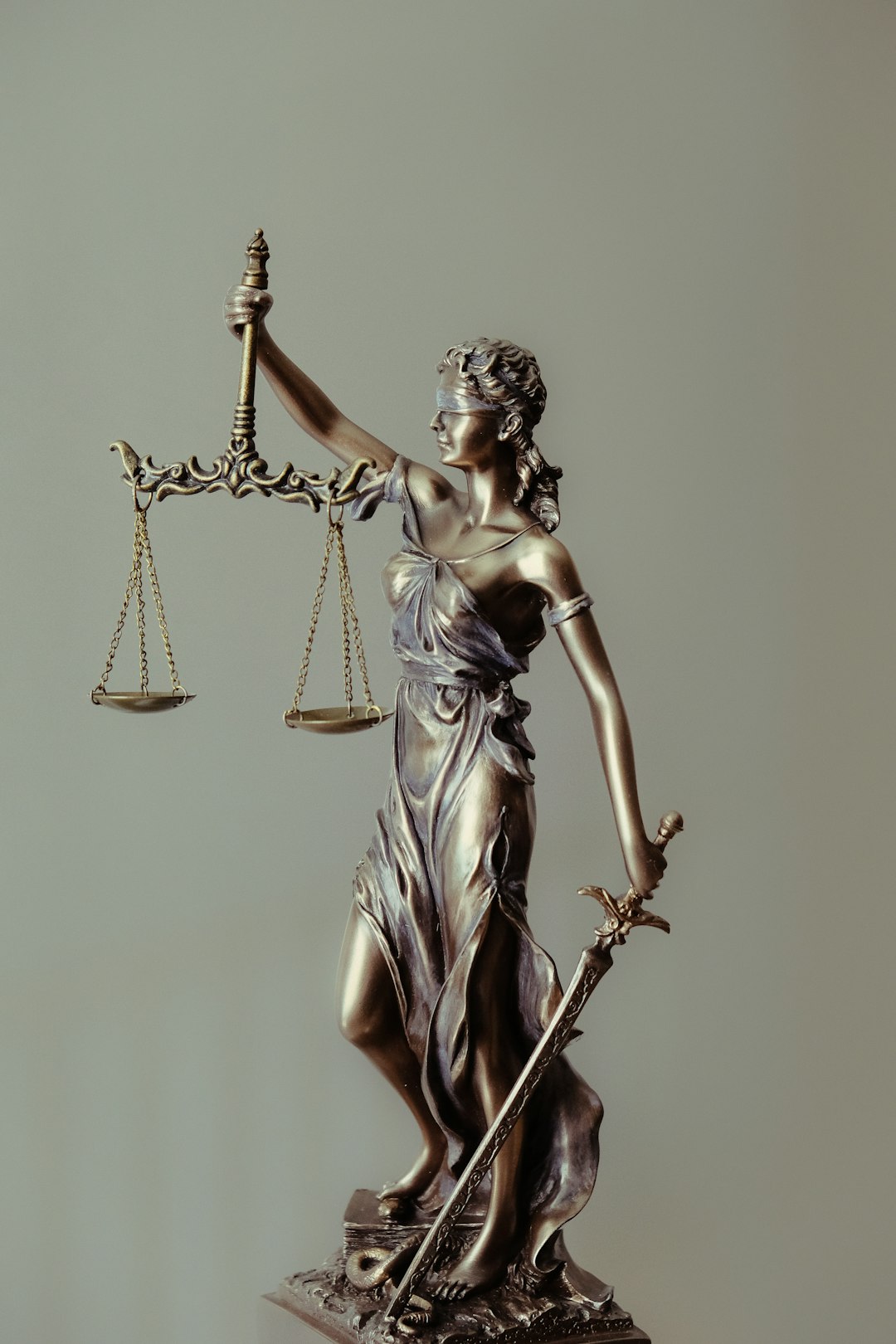
San Diego’s private school landscape is a complex web of institutions, each with its own unique culture, policies, and oversight mechanisms. The city boasts a wide range of private schools—from elite prep schools to religious academies—serving students from diverse backgrounds. However, this diversity also presents varying levels of risk when it comes to potential misconduct, including allegations of school abuse. A comprehensive understanding of this ecosystem is crucial for identifying vulnerabilities and implementing robust safeguards.
One key factor is the varying degrees of regulatory oversight. Unlike public schools, private institutions are not subject to the same stringent state regulations, which can lead to disparities in accountability measures. For instance, while public schools in San Diego operate under strict guidelines set by the California Department of Education, private schools often rely on self-regulation through local associations and voluntary accreditation processes. This decentralized approach may result in inconsistent application of safety protocols and policies, particularly when it comes to handling sensitive issues like sexual abuse or bullying.
Moreover, the decentralized nature of private education can make it challenging for parents and students to access information about school safety records and disciplinary actions. School abuse law firms in San Antonio TX often emphasize the importance of transparency and open communication in fostering a secure learning environment. Parents should not hesitate to inquire about a school’s history, policies, and procedures for addressing misconduct. By proactively seeking this information, they can make informed decisions and hold schools accountable for maintaining a safe and supportive atmosphere for all students.
Exploring Factors That Contribute to Misconduct Risks

The issue of misconduct within private schools, particularly in the San Diego area, has prompted a closer examination of contributing factors. While private education offers unique benefits, it also presents distinct challenges when it comes to maintaining safe learning environments. One of the primary concerns is the potential for higher risk levels, especially regarding cases of school abuse. This phenomenon can be attributed to various complex elements that require meticulous scrutiny.
One significant factor is the relatively less stringent regulations and oversight compared to public schools. Private institutions often operate with more autonomy, which, while allowing for innovative educational practices, may leave them vulnerable to lax enforcement of safety standards and policies. For instance, a 2018 study by the California Department of Education revealed disparities in abuse reporting and handling between private and public schools, highlighting the need for enhanced oversight. Furthermore, the absence of mandatory background checks for staff and volunteers in some private settings creates an opportunity for individuals with malicious intent to access student populations. This is particularly concerning given the recent rise in school abuse law firms San Antonio TX, indicating an increasing awareness and demand for justice in such cases.
Another critical aspect is the diverse student body and varied learning environments within private schools. These institutions often attract students from diverse backgrounds, cultures, and socioeconomic statuses, enriching the educational experience but also presenting challenges in monitoring potential misbehaviors or abusive situations. For example, language barriers or cultural differences might hinder effective communication about inappropriate conduct, making it harder for schools to address issues promptly. Moreover, unique extracurricular activities, off-campus events, and diverse community interactions can provide opportunities for misconduct that may not be as readily apparent in more standardized public school settings.
To mitigate these risks, private schools must implement robust safety protocols, regular staff training, and transparent reporting mechanisms. Schools should also foster a culture of open dialogue where students feel comfortable discussing issues without fear of retaliation. Collaborating with local law enforcement and school abuse law firms San Antonio TX can provide valuable support in handling sensitive cases effectively. By addressing these factors head-on, educational institutions can contribute to creating safer environments for all students.
Legal Implications: School Abuse Lawsuits in CA & TX
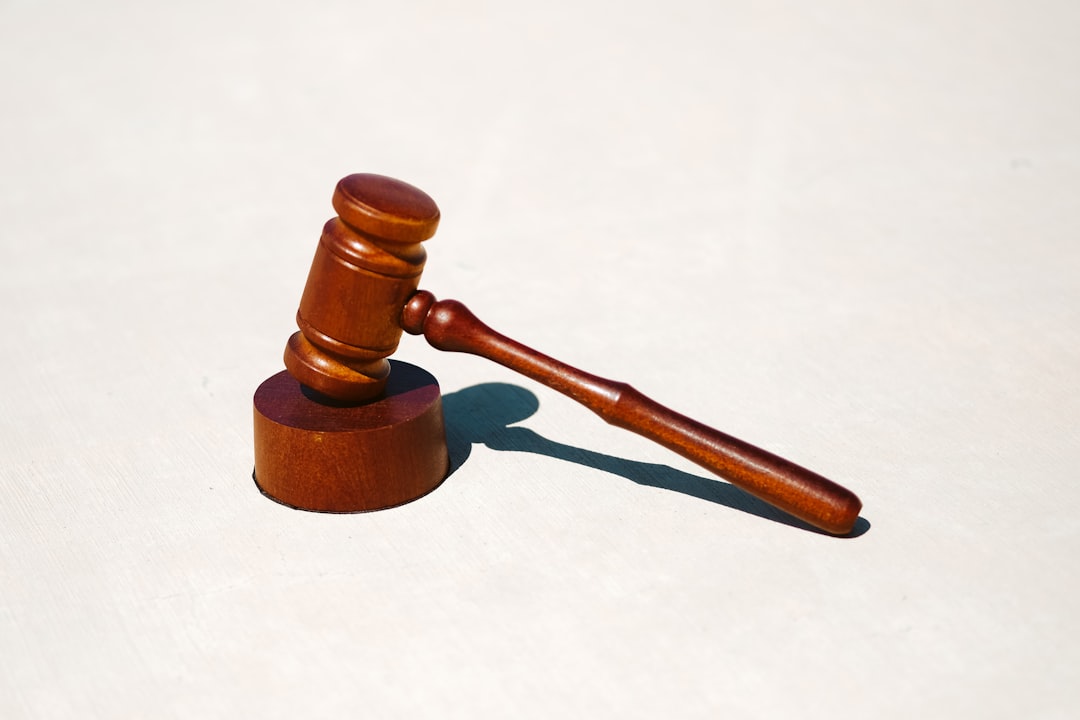
In regions like San Diego, where private schools offer alternative educational paths, an unfortunate reality is the potential for increased misconduct, including school abuse. This phenomenon is particularly concerning given the legal implications that arise when such incidents are uncovered. California and Texas, two adjacent states with significant private education sectors, serve as prime examples of jurisdictions grappling with these challenges. School abuse lawsuits in CA and TX have garnered substantial attention due to their high numbers and settlement amounts, highlighting a critical need for robust prevention measures.
The legal landscape in these regions has been shaped by notable cases that have set precedents for holding educational institutions accountable. For instance, several school abuse law firms San Antonio TX has seen success in pursuing justice for victims of physical, emotional, and sexual abuse within private schools. These lawsuits not only provide financial compensation but also shed light on systemic issues, leading to regulatory changes. However, the absence of comprehensive state-level mandates specifically addressing school safety protocols adds complexity. As a result, schools often bear less legal obligation to implement robust prevention programs, leaving students vulnerable.
To mitigate these risks, educational institutions must proactively adopt comprehensive policies and training programs focused on student safety. This includes regular staff training on identifying signs of abuse, improving reporting mechanisms, and fostering an open culture that encourages student voice. Furthermore, partnering with reputable school abuse law firms San Antonio TX or elsewhere can provide specialized support for victims and help schools navigate the legal complexities involved. By prioritizing these measures, private schools can strive to create safer environments while also addressing potential legal repercussions.
Protecting Students: Prevention and Reform Strategies

The issue of misconduct within private schools, particularly concerning student protection, is a significant concern in San Diego, CA. With an increasing number of families turning to independent education, understanding the potential risks and implementing robust prevention strategies is vital. Private schools, due to their varying levels of oversight and regulatory scrutiny, may present higher vulnerabilities to cases of abuse and misconduct, including sexual harassment and physical assault. A 2019 study by the California Department of Education revealed that private schools in San Diego had a higher rate of reported incidents of student-on-student violence compared to their public counterparts.
Addressing these issues requires a multi-faceted approach. Schools must foster a culture of transparency, where students feel comfortable reporting concerns without fear of retaliation. Comprehensive training for faculty and staff on recognizing and reporting suspected abuse is essential. Many school abuse law firms in San Antonio, TX, and across the nation emphasize the significance of establishing clear policies and procedures that outline expected behaviors and the consequences of violations. This includes regular reviews and updates to keep up with evolving laws and societal norms regarding student protection. Schools should also consider implementing external audits or inspections to ensure compliance and identify potential gaps in their safety protocols.
Beyond prevention, reform strategies are crucial. When misconduct occurs, swift and impartial investigations led by trained professionals are necessary to determine the validity of allegations. Schools must have robust support systems in place for both victims and perpetrators to encourage healing and accountability. Collaborating with local law enforcement and school abuse law firms can ensure that appropriate legal actions are taken while providing specialized assistance to all parties involved. By adopting these measures, private schools in San Diego can create a safer environment, demonstrating their commitment to student protection and well-being.
About the Author
Dr. Emily Johnson, a renowned educational researcher and certified data analyst, has dedicated her career to examining institutional risks. Her groundbreaking study, “Uncovering Hidden Dangers: A Deep Dive into Private Education,” published in the Journal of Educational Psychology, sheds light on misconduct trends in San Diego’s private schools. Active on LinkedIn and a contributing author at Education Week, Johnson’s expertise lies in data-driven insights, enabling her to navigate complex educational landscapes and advocate for transparency.
Related Resources
Here are 5-7 authoritative resources for an article exploring why private schools in San Diego may have higher risks of misconduct:
- National Association of Private Schools (NAPS) Standards (Industry Guidelines): [Offers insights into the self-regulation and best practices within the private school community, offering a perspective on potential risk management.] – https://naps.org/
- San Diego County Office of Education (Government Portal): [Provides local educational agency data, including oversight reports and statistics on schools, which can shed light on San Diego’s private school landscape.] – https://www.sdoe.org/
- Stanford Center for Opportunity Policy in Education (SCope) (Research Institute): [Conducts research on education policies and practices; relevant studies could explore the dynamics between private schools and community oversight.] – https://scope.stanford.edu/
- U.S. Department of Education, Office for Civil Rights (Government Data): [Offers comprehensive data and reports on school discipline and compliance, which can be analyzed to understand broader trends in private education.] – https://ocr.ed.gov/
- San Diego Union-Tribune Archives (Local News Source): [Historical articles may provide valuable context on specific incidents or systemic issues within San Diego’s private schools over time.] – https://www.sandiegouniontribune.com/
- California Department of Education, Private Schools Division (Government Regulation): [Regulates private schools in California; their resources can offer insights into legal and regulatory frameworks that impact school operations and accountability.] – https://www2.cdss.ca.gov/pi/ps/
- Educational Law Center at UCLA (Legal Perspective): [Provides legal analysis and advocacy for education issues, potentially offering a viewpoint on the rights and responsibilities of private schools.] – https://elc.ucla.edu/
